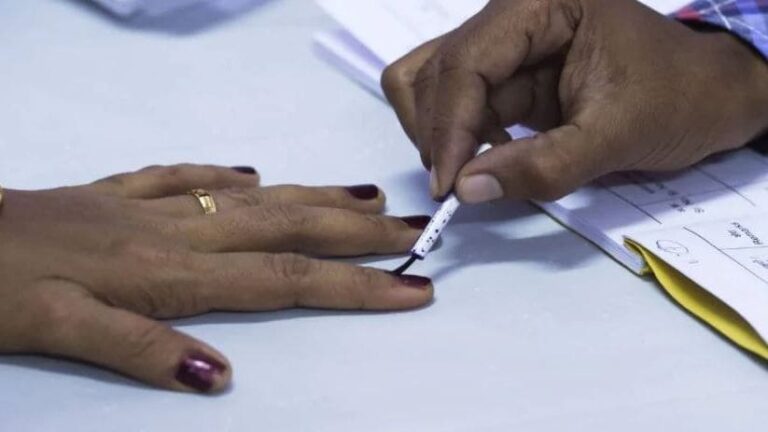NEW DELHI: The Union Law Ministry will fast track the submission of the report of the high-level committee on ‘One Nation, One Election’ to the Cabinet as part of the Legislative Bureau’s 100-day agenda, sources said on Friday.
Ahead of India’s Lok Sabha elections, Prime Minister Narendra Modi has instructed all federal ministries to prepare a 100-day plan for the next government.
The High-Level Committee on “One Nation, One Election”, headed by former President Ram Nath Kovind, submitted its report to President Drupadi Murmu on March 15, recommending that simultaneous elections to the Lok Sabha and state assemblies be held as a first step, followed by simultaneous local body elections within 100 days.
The committee also proposed setting up an “implementation group” to look into the implementation of the committee’s recommendations.
It said simultaneous elections would help conserve resources, promote development and social cohesion, strengthen the “foundations of our democratic framework” and realise the aspirations of “India i.e. Bharat”.
It also recommended that the Election Commission of India, in consultation with state electoral authorities, prepare a common electoral roll and voter ID cards.
Currently, the Election Commission of India is responsible for elections to the Lok Sabha and state assemblies, while elections to municipalities and panchayats are administered by State Election Commissions.
The commission recommended 18 constitutional amendments, most of which would not require ratification by state legislatures, but would require specific constitutional amendment bills that would have to be passed by Congress.
Some proposed changes regarding a single electoral roll and a single voter ID card would require ratification by at least half of the states.
Separately, the Law Commission is also expected to soon release its own report on simultaneous elections, which Prime Minister Narendra Modi has strongly supported.
Sources said the Legislation Committee is likely to recommend simultaneous elections at all three levels of government — the lower house, provincial assemblies and local bodies — from 2029 and also make provisions for forming a coalition government in case of a failed resolution or a no-confidence motion is not passed.PTI

